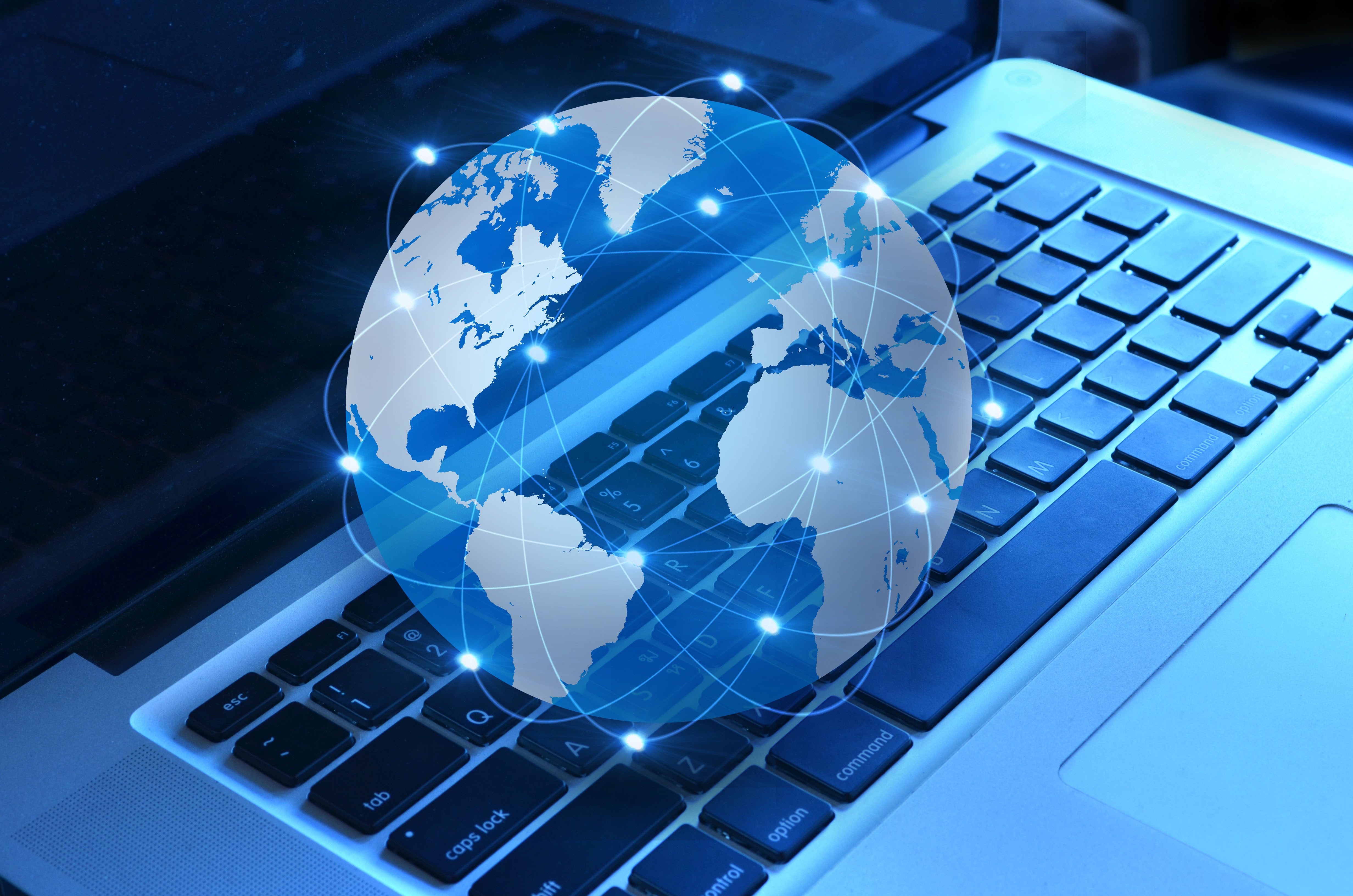Nigerians spend about four hours and five minutes on the Internet browsing on a daily basis.
Nigeria, which has 105 million Internet users, is third in Africa, after South Africa, and Egypt, whose Internet users spend eight hours and 32 minutes, and eight hours, 10 minutes respectively.
According to a January 2018 survey conducted by Hootsuite, a social media marketing and management dashboard firm, based in Vancouver, BC, Canada, unveiled at the World Economic Forum and made available yesterday, Nigeria is rated above Kenya (3h 50m); Ghana (3h 46m), and Morocco (2h 53m).
Thailand Internet users, according to the survey lead the world with nine hours 38 minutes, followed by the Philippines, nine hours 29 minutes; Brazil is third with nine hours 14 minutes.
Interestingly, the USA is ranked 20th with six hours 30 minutes; Canada is 24th with five hours and 59 minutes, and UK is 27th with five hours 15 minutes.
The study was silent about what a typical Nigerian and other Africans do on the net, because the thrust of the report, titled: ‘The digital south is rising rapidly – and China and India are leading the way’, actually revealed how the global digital economy is changing very fast, with China, and India appeared championing the new direction.
According to the study, the global digital economy crossed an important milestone recently: the number of Internet users in two countries — China, with just over 800 million users, and India, with 500 million users – surpassed the aggregate number of Internet users across 37 Organisation for Economic Co-operation and Development (OECD) countries combined.
The report noted that in both countries, users spend more time on the Internet than the worldwide average of 5.9 hours per day. They also have room to grow; China has just under 60 per cent of its population online, while India, with one of the lowest rates of penetration in the world, has under 25 per cent of its population online.
While it’s tempting to group China and India together as a block of emerging digital markets, they offer several important distinctions, especially for international entities and countries looking to invest.
In the Digital Evolution Index (DEI), the two countries were placed in the “digital south” which means the full deployment and adoption of online systems is still in development.
The DEI research classifies both China and India as “Break Out” countries, which means they are experiencing strong digital growth. China has 783 million smartphone users and, as reported by the Cyberspace Administration of China, had 469 million registered on a mobile payment platform in January 2017. It is also the world’s largest market for e-commerce. And India is on track to become the youngest country in the world by 2020 and its digital economy is expected to balloon from $413 billion today to $1 trillion dollars by 2025.
Both China and India present barriers to entry for foreign players. The most obvious distinction between the two markets is that China is mostly closed to international players because of state restrictions, while India is, technically, open for business. Top U.S. companies are investing heavily in India — as are Chinese companies, such as Alibaba and Tencent.

 Entertainment5 days ago
Entertainment5 days ago
 Health1 week ago
Health1 week ago
 Health4 days ago
Health4 days ago
 Football1 week ago
Football1 week ago
 Football1 week ago
Football1 week ago
 Crime4 days ago
Crime4 days ago
 Education6 days ago
Education6 days ago
 Crime1 week ago
Crime1 week ago

